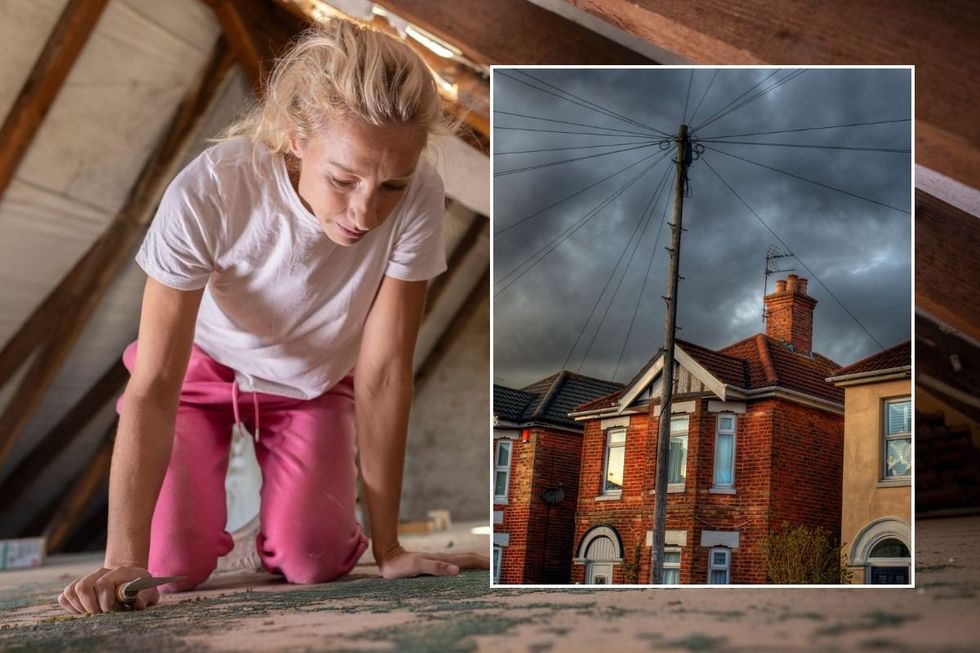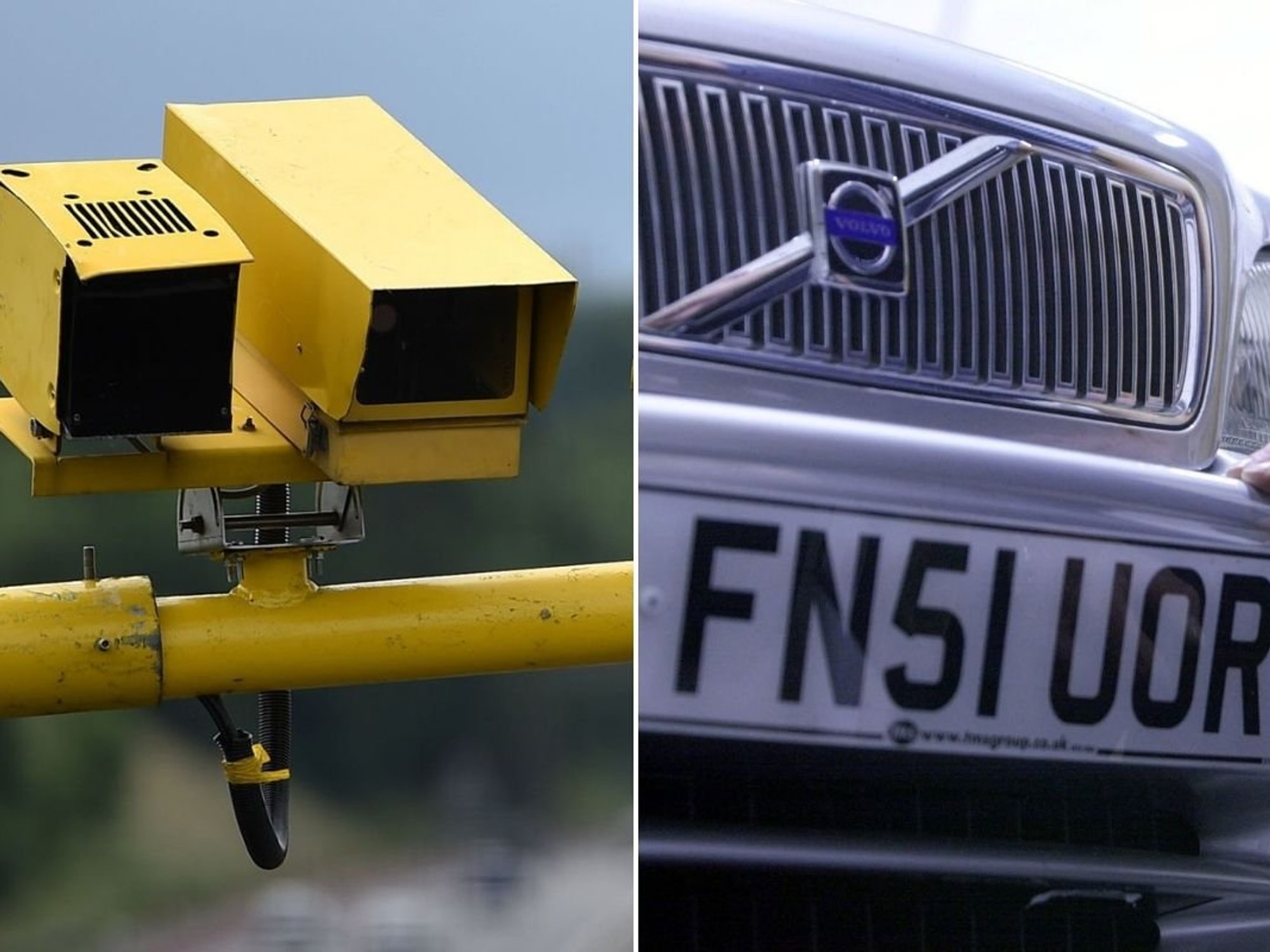Cold weather has finally hit – here's how to storm-proof your home
As the Met Office issues amber weather warnings ahead of Storm Claudia, property expert Jonathan Rolande shares how Britons can protect their houses
Don't Miss
Most Read
You don't need to watch the weather forecast to tell things are changing out there; just stick your head out the window.
And this weekend it's set to get worse with some regions feared with some areas being issued with flood and storm warnings.
My heart always sinks when I see homeowners on the news reflecting on being caught in the eye of the storm and revealing the impact it's had on their property.
But as the balmy weather gives way to the cold blasts of winter, there are several steps you can take to ensure that your home is safe from storm damage.
TRENDING
Stories
Videos
Your Say
The main source of major damage during a storm – and also likely to be the most costly – is going to be your roof.
To prevent damage, take some time to inspect your roof and look out for broken, loose or missing tiles, then look inside the attic for signs of damp.
It's worth clearing your downpipes and gutters to minimise the risk of water issues further down the line.

There are several steps you can take to ensure that your home is safe from storm damage
|GETTY
It's advisable to have your roof inspected by a professional every 10 years or so to make sure it's in top shape and able to withstand a battering.
Loose items blowing around in your garden can also be an issue, so be sure to secure them if a storm is forecast.
Store them in a shed or indoors, and tie down things like trampolines and consider trimming overhanging tree branches to prevent damage.
LATEST PROPERTY TIPS AND TRICKS

Jonathan Rolande shares his advice
| JONATHAN ROLANDEDo check windows and doors to ensure that they are weatherproof and ensure seals are watertight to safeguard against issues with damp.
Apply weather strips to guard against draughts and leaks, and also think about repairing door and window frames if they are looking a little fragile.
Protect electrical systems by moving exterior electrical units off the ground, and ensure that whole-house surge protectors are in place if the location is liable to flooding.
Most important, of course, is to ensure your home insurance covers all the eventualities that stormy weather can bring.
Check your policy document to see what conditions constitute a storm, as there should be definitions in there in terms of wind speeds and rain and snowfall rates.
You may not be covered if you suffer damage and the weather does not meet the conditions set out by your insurer, and you may be liable for a contribution to repair costs.
Also, don't forget to park your car away from trees and potential flooding zones if exceptional weather is forecast.
Jonathan Rolande is a property expert and the founder of House Buy Fast. For more information, visit www.jonathanrolande.co.uk.
Our Standards: The GB News Editorial Charter











